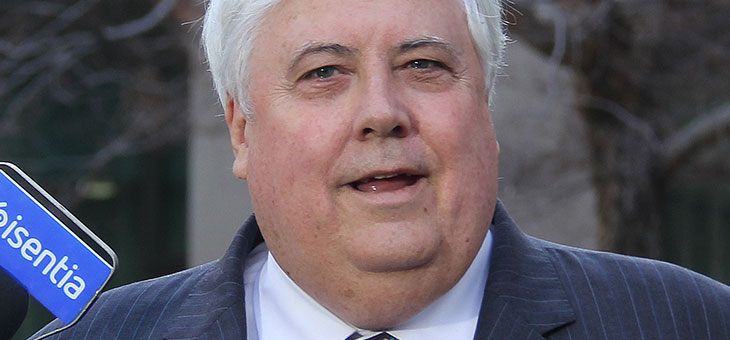Millions of Australians have been receiving unsolicited political text messages from Clive Palmer’s United Australia Party (UAP), with many questioning how he got their number.
While the messages are permitted under the Electoral Act, many Australians are calling for a removal of exemptions to the Privacy Act enjoyed by political parties that allow them to access voter information and send such messages.
Political parties, as well as their contractors, can use the personal information of Australians without clear consent, regardless of whether recipients are on the national Do Not Call register, and there is no way to block such messages.
According to an Australian Communications and Media Authority spokesperson, non-commercial SMS about political or charitable matters are generally allowed under the Do Not Call Register Act and the Spam Act.
So it would seem that data collection, voter profiling and targeted messages are now synonymous with the modern political campaign.
The first round of SMS messages from UAP came through last week, calling for voters to ‘Make Australia Great’ – a message eerily similar to Donald Trump’s US presidential campaign slogan.
Many recipients called the unsolicited text messages “completely inappropriate” and expressed concern over how the party got their numbers.
Mr Palmer said around 5.6 million phones received the messages and that he didn’t know how the numbers were obtained.
“I don’t know that personally, we don’t have the list of course,” he said.
“Under the Privacy Act all registered political parties are entitled to contact Australians via text.”
Mr Palmer defended his use of unsolicited messages and said he would continue to use them to his party’s advantage.
However, the most recent use of this technology came with a cryptic message stating: “United Australia Party will ban unsolicited political text messages which Labor & Liberal have allowed”.
Senator Brian Burston, the only UAP member serving in parliament, said he was not aware of the party text messages, and that while he did not find the texts offensive, he would consider banning them if re-elected.
“It’s something that you can just delete or ignore. Same as Facebook, if you get abusive or un-useful messages on Facebook you can just ignore them or delete them,” he said.
“I would support a ban on them because some people may be offended. Or rather than ban them, just allow people to unsubscribe.”
Today, we’re asking you if you think political parties should be able to send you unsolicited text messages. So take part in our Friday Flash Poll and send us your opinion on how the Privacy Act works for political parties.
And of course, we’d love to read your opinions in the comments section below.

